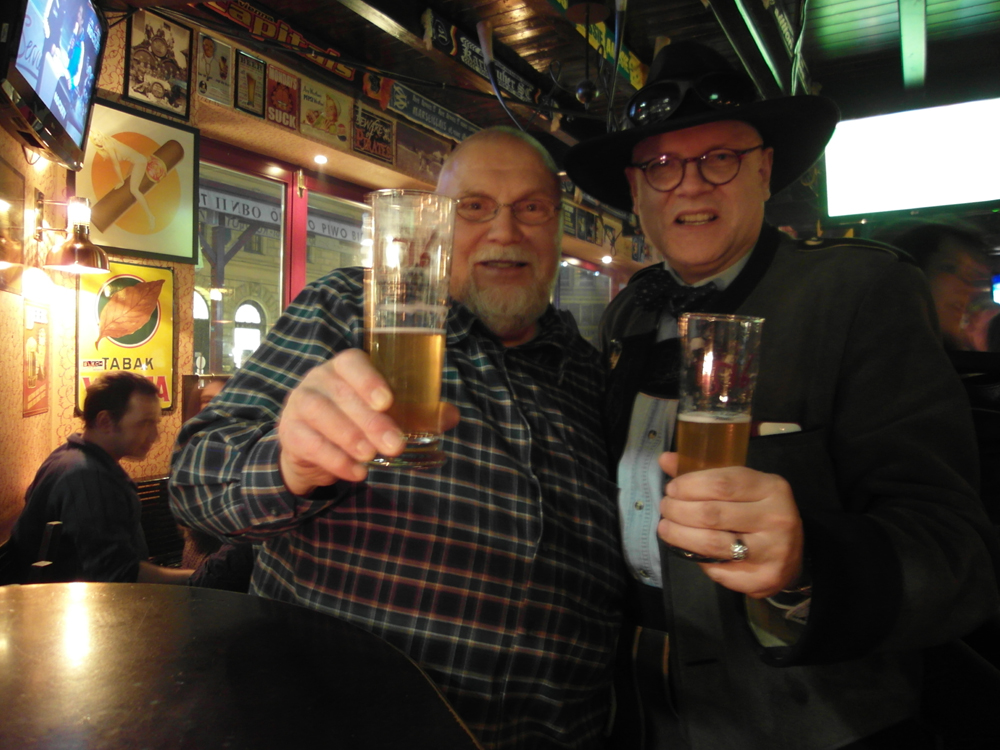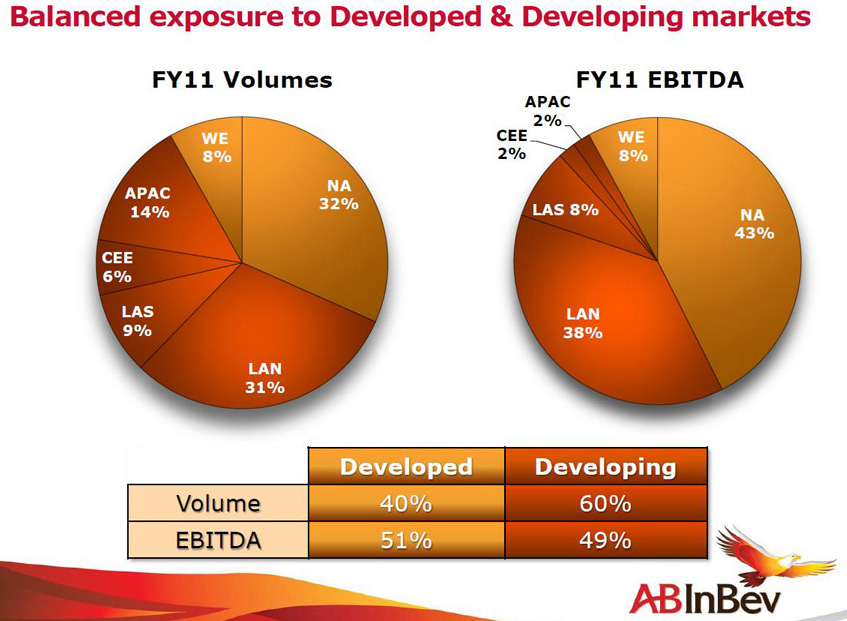Think Swiss, think high mountains, chocolate, cheese and watches, spick and span villages with cuckoo clock houses where ZZ Top lookalikes play the Alphorn while the little gnomes of Zürich shunt their gold to and fro in the vaults under Bahnhofstrasse. Don’t we all love these tired and trite clichés about Switzerland, which give us a healthy dose of patronising amusement at the twee-ness of it all? Swiss stereotypes capture much of what Switzerland was and still is – but miss out what it has become: a nation of garagiste brewers. In a country of 7.8 million people there’s over 340 of them already – and rising. When it comes to putting the romance back into the beer, these newly converted show great stubbornness and perseverance. But isn’t that another typecast?
It’s the wrong sort of emerging market and it’s the wrong sort of price. Molson Coors’ multi-billion foray into central Europe with the acquisition of Czech Republic-based StarBev, the brewer of Staropramen beer, which was announced on 3 April 2012, left investors more than underwhelmed. On the day the deal became public, the U.S.-Canadian beer group’s stock dropped 5 percent.
Take up of Beer Academy courses has risen by over a third during the first three months of 2012 compared with bookings over the same period last year.
So all the pundits got it wrong. Neither Asahi nor another private equity firm were the forerunners in acquiring StarBev. AB-InBev’s former central European unit went to Molson Coors. The brewer said on 3 April 2012 that it will buy StarBev from private equity fund CVC Capital Partners for EUR 2.65 billion (USD 3.52 billion) to expand in central and eastern Europe.
With the ruling centre-right party ODS lurching from scandal to scandal, the Czech Prime Minister Petr Nečas apparently did not want to open another battlefield with brewer Budweiser Budvar. In mid-March 2012 he finally had enough of his Minister for Agriculture’s macho posturing and told him, probably in not so many words, to leave Budweiser Budvar alone.
As could be expected, many on the bloggosphere screamed "à la lanterne" when an article appeared in the Belgian magazine Trends on 9 March 2012 which said that AB-InBev’s CEO Carlos Brito was entitled to a super bonus of EUR 133 million. What had Mr Brito done to earn this? Bring down debt two years ahead of target that had been piled up following the acquisition of Anheuser-Busch.
In an effort to clamp down on binge drinking, the Prime Minister has radical plans. Taking his lead from Scotland, whose parliament voted on 14 March 2012 to introduce a minimum price per unit of alcohol as of next year, David Cameron, on 23 March 2012, proposed the same for England and Wales.
Intensifying their support to authorities to fight alcohol misuse, Europe’s 3,500 brewers launched a Pledge at the European Parliament on Tuesday to increase consumer information, enforce responsible advertising and conduct new awareness campaigns reaching out to young adults, drivers, and pregnant women.
Why worry about economic troubles in the eurozone? In 2011 the Americas, that’s mainly the U.S., Canada and Brazil, contributed a staggering 94 percent to AB-InBev’s profits in 2011 (as measured in EBIT). The world’s largest brewer AB-InBev reported on 8 March 20111 that last year it benefited from higher demand and higher prices in Latin America. This way it more than compensated the decline in sales in the U.S. and sluggish volumes in western Europe. Sales rose almost five percent to USD 39 billion (EUR 29.6 billion). AB-InBev actually sold less beer last year than in 2010, but charged more for it and grew its premium brands. It also cut sales, distribution and administration costs.
How did AB-InBev manage to raise its beer sales in Germany by 5.2 percent in 2011 while the overall beer market declined by almost 1 percent? Obviously by heavy discounting. According to estimates by GfK, a market research firm, Germany’s national pils brands, Beck’s among them, sold over two thirds of their volume on promotion last year. That’s usually at a price below EUR 10 for 10 litres or at a 30 percent discount.



